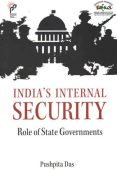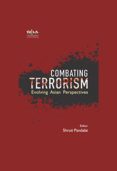Ensuring Peace in the Northeast
The internal security situation in the North-eastern states is complex. It requires people with in-depth knowledge of the terrain, society, politics and culture and history of insurgency in the region to be placed in positions entrusted with the handling of affairs.
- Rumel Dahiya
- June 11, 2015









